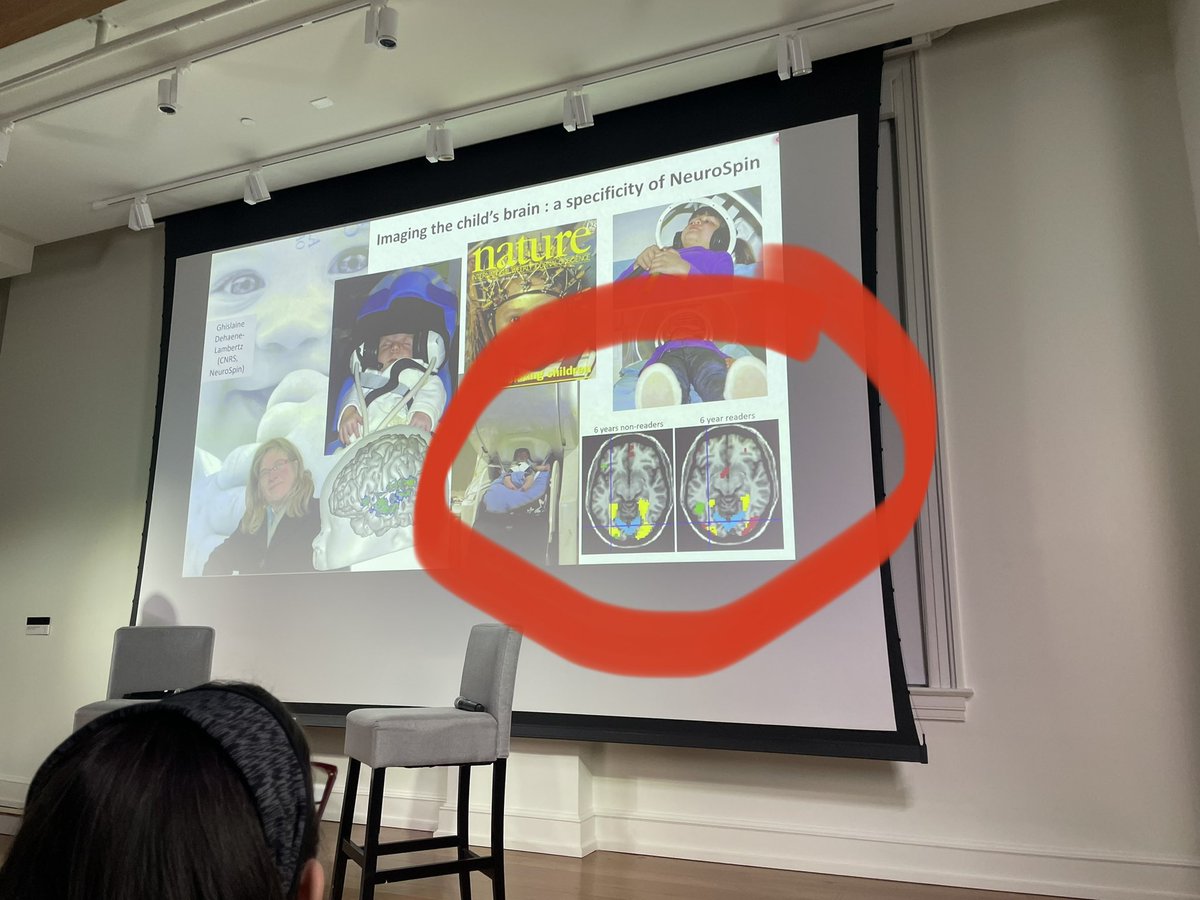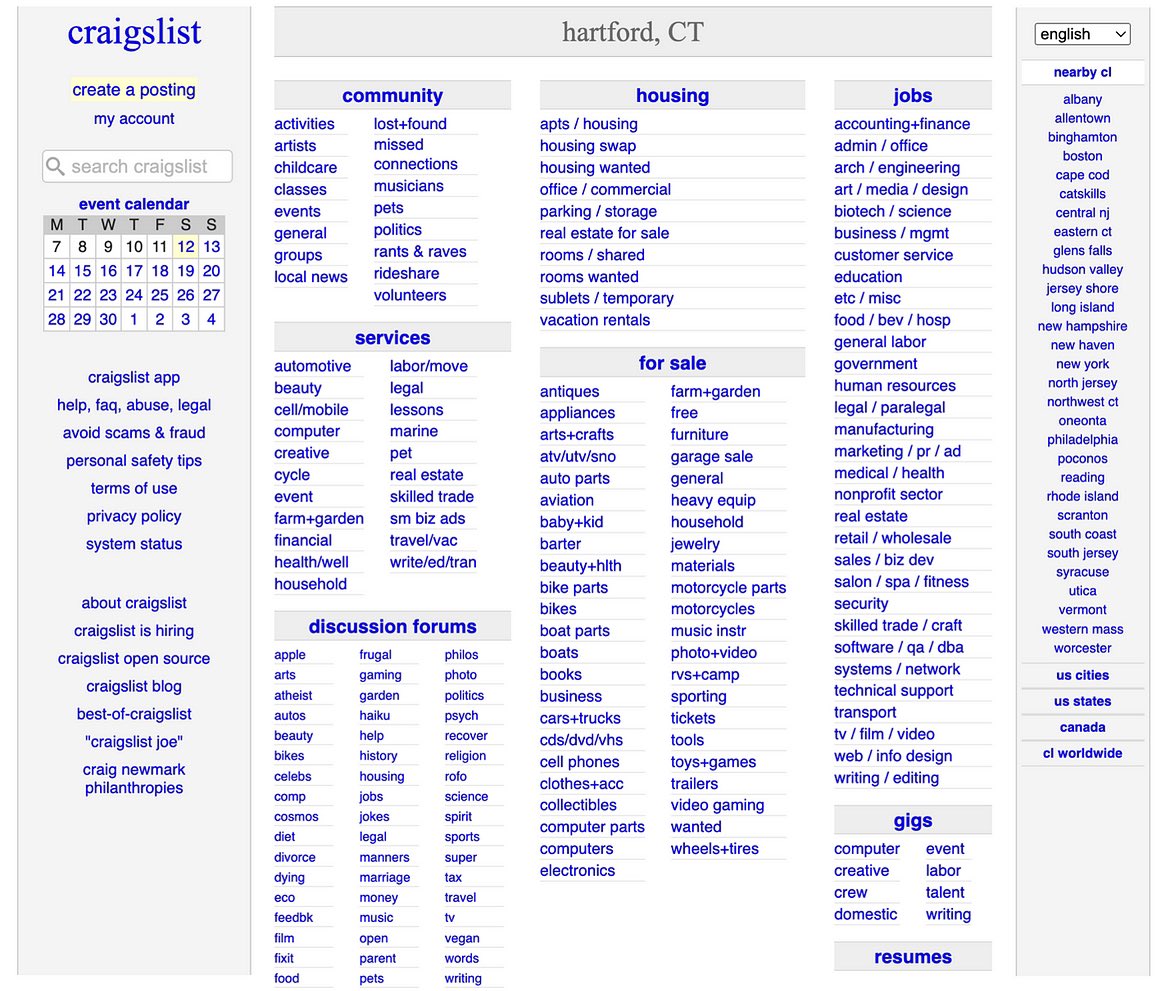


Fascinating talk with Stanislas Dehaene and Emily Hanford at Planet Word Museum
So much has been studied about how our brains talk, hear, see, touch and even read.
#scienceofreading



Andrew Fenner Mme Lockhart I actually think that's what Mme Lockhart did here naturally. She ensured explicit instruction for all with the phonics but extended it with the vocab prompt. If the lesson was on castles she would have to teach the vocab explicitly 🤷♀️
Man! 5 🌟 for the explicit phonics tho


Andrew Fenner Mme Lockhart Right. Our brains actually ‘spark’ just a little bit more when we get something wrong.. which primes us for remembering the right answer once it’s learned. Getting things wrong is an important process in learning. Perhaps a leftover of ancient times?

Andrew Fenner Mme Lockhart Interesting! I think the intent behind explict instruction as I understood it from Dr. Archer was to ensure equitable learning of necessary content across students. I do recall her saying to include extension opportunities after first ensuring explicit instruction for all.


Why not just tell people which person is which?
Why make them guess?
Certainly most people don't have any background in choreography so questions like this will just frustrate them.
#education #directinstruction #scienceofreading #scienceofmath

Andrew Fenner Mme Lockhart Hence the ‘quotes’ .. lol.. actually - when neurologists look at our brains, there is increased activity when we get something wrong.

Molly Rawding This by Dan Finkel from 9:20 to 10:00. Specifically the line:
“To have your ideas dismissed out of hand is disempowering. But to have them accepted, studied and disproven is a mark of respect”
youtu.be/ytVneQUA5-c?si…

Andrew Fenner Dan Finkel Yes!! We’ve used that one several times… Or at least excerpts from it and I feel like I could show it every year. So powerful and inspiring Dan Finkel

Andrew Fenner Mme Lockhart But why are you equating enquiry with guessing? They’re not the same.


Andrew Fenner The difference with vocals is amazing - had to wait until my late 60s to afford one, but worth it!

Rachel Lofthouse Andrew Fenner Mme Lockhart The problem here is that the so-called inquiry-based approach was actually just guessing. It’s not a fair critique of inquiry-based learning at all.
As for those who guessed going on to retain the correct word better, I think that’s valid (as per the posted research)


